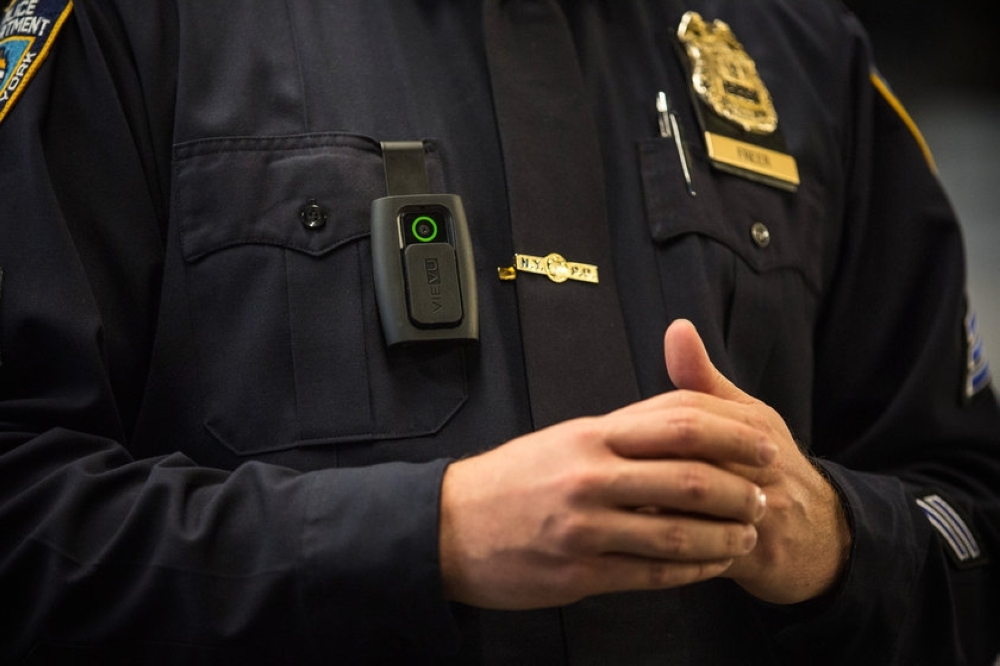KUALA LUMPUR, Sept 10 — The Royal Malaysia Police (PDRM) are currently testing out 1,376 body-worn cameras (BWC) to assess their effectiveness in field operations.
According to Utusan Malaysia, the devices were rolled out at contingent police headquarters, district police headquarters (IPD), and police stations across the central areas of the Klang Valley, in two phases, starting in June and August.
Inspector-General of Police Tan Sri Razarudin Husain told the national daily that in Kuala Lumpur, the installations covered five IPDs and stations: IPD Dang Wangi, Dang Wangi Police Station, Chow Kit Police Station, Tun HS Lee Police Station, and Jalan Bandar Traffic Police Station.
He added that four locations in Selangor — IPD Klang Utara, Kampar Police Station, Bandar Baru Klang Police Station, and Klang Utara Traffic Police Station — are also part of the pilot project.
“These nine locations, comprising IPDs and police stations, are part of a pilot project aimed at testing the effectiveness and functionality of the body cameras, with plans to eventually roll them out nationwide.
“The implementation began on June 19, involving five IPDs and stations in Selangor, with the remaining four in the capital,” he told Utusan Malaysia yesterday.
Razarudin further explained that the installation of BWCs at the Bukit Aman Police Headquarters, as well as the Kuala Lumpur and Selangor contingents, started on August 12 and was completed by August 20.
“A total of 1,376 body cameras have now been installed for officers in the Klang Valley,” he said.
Looking ahead, Razarudin said that the next phase of installation will focus on the southern zone, which includes the Johor, Melaka, and Negeri Sembilan contingents, before expanding to the northern and eastern zones.
“We expect the nationwide installation of body cameras to be fully completed by March next year,” he added.
Earlier reports from Utusan Malaysia indicated that PDRM is set to receive 7,648 body-worn cameras in stages, beginning in September this year and continuing through February 2025.
Razarudin said that BWCs are instrumental in identifying officers involved in misconduct or integrity breaches while on duty.
He added that the deployment of these cameras would be done gradually, prioritising key units such as the Patrol Car Unit (MPV) and Motorcycle Patrol Unit (URB) before expanding to the Traffic Investigation and Enforcement Department (JSPT).
“These units play a critical role in crime prevention patrols conducted by MPV and URB personnel.
“This initiative will also strengthen public trust and cooperation with the police, as every interaction will be recorded,” he was quoted as saying.



















